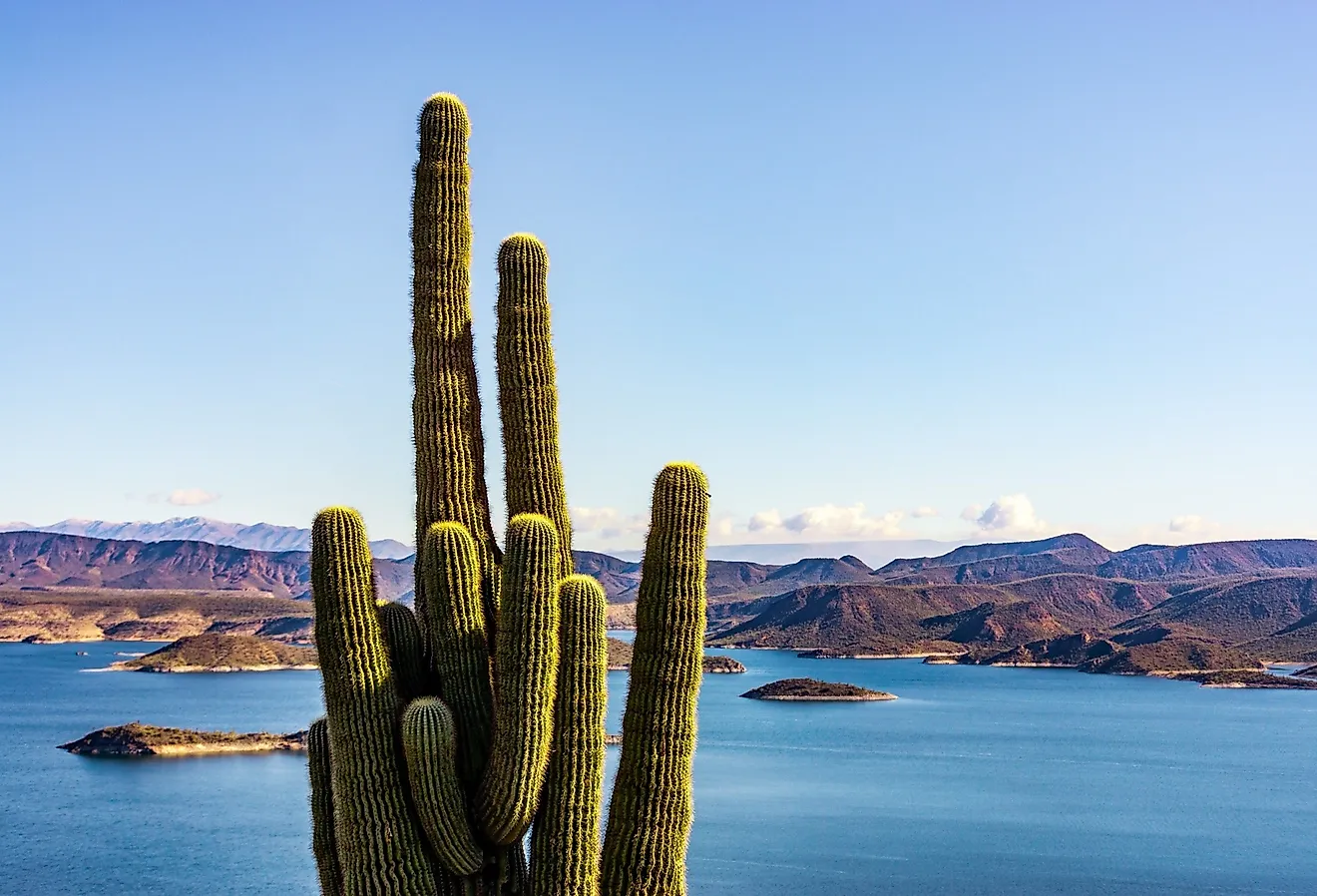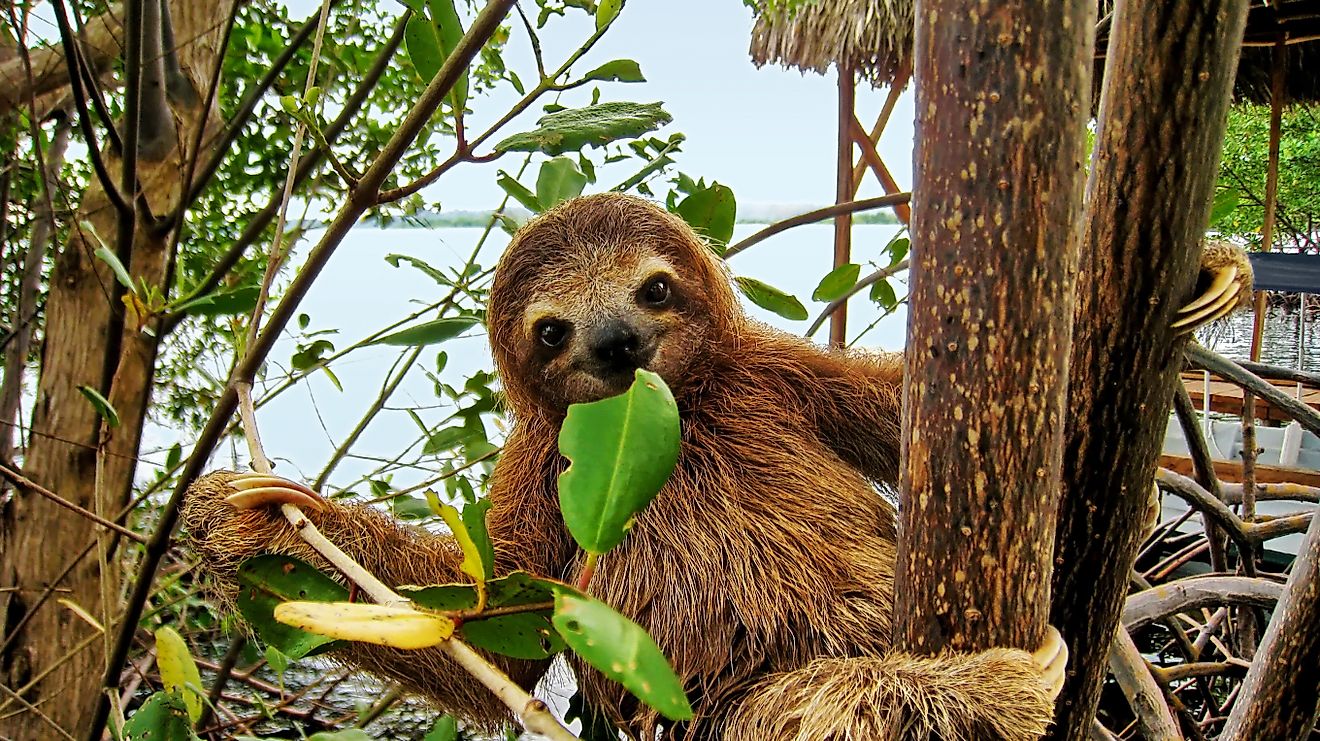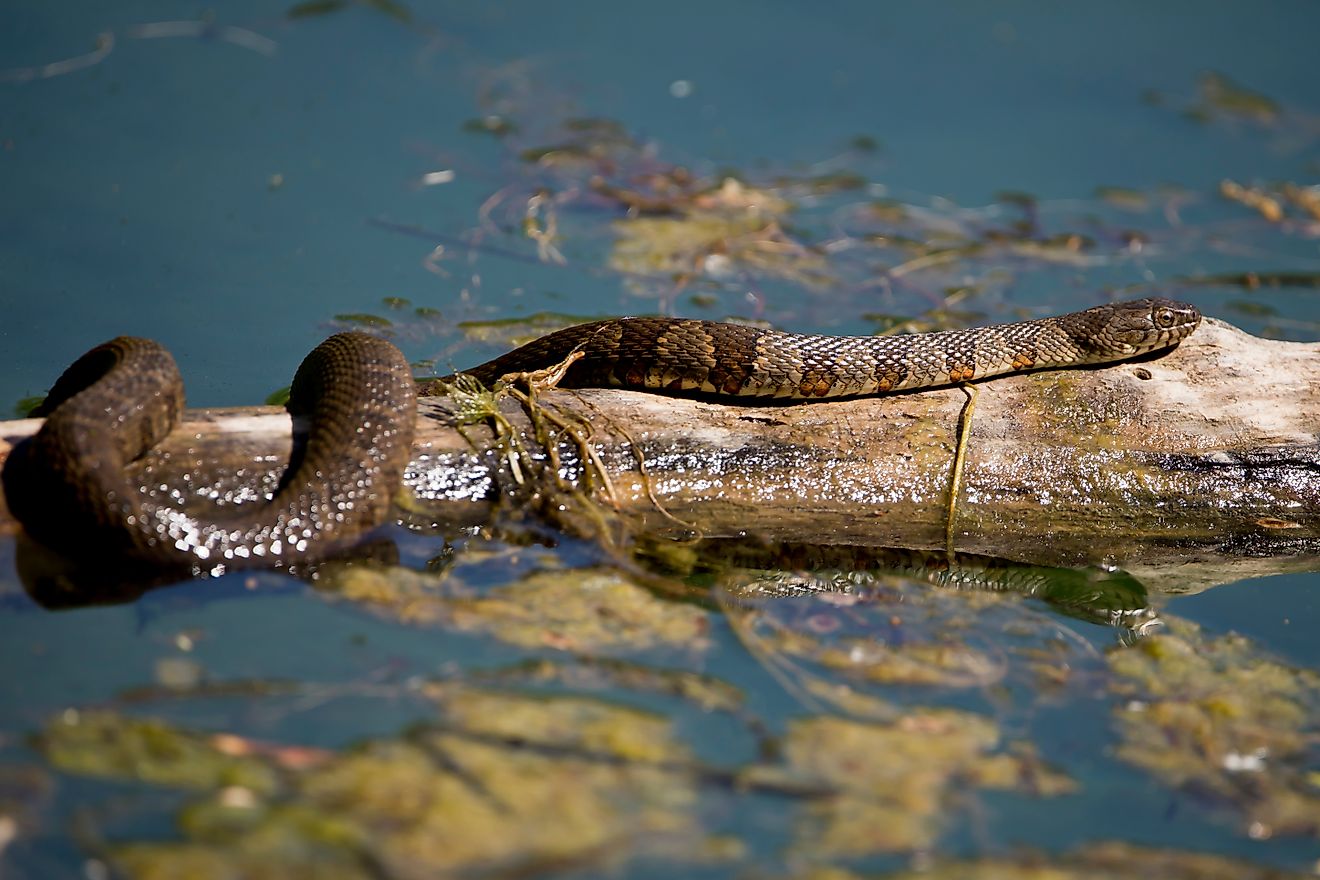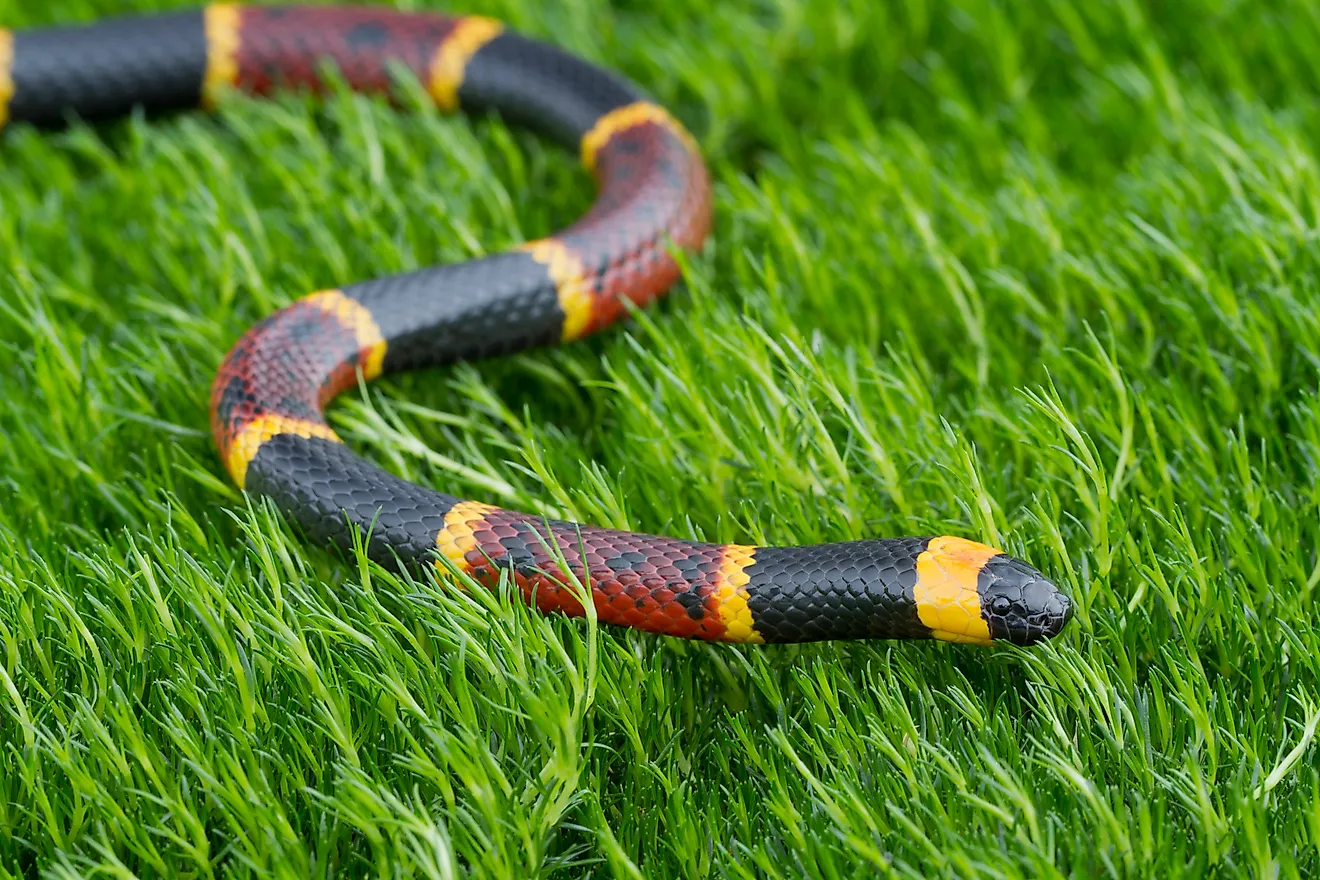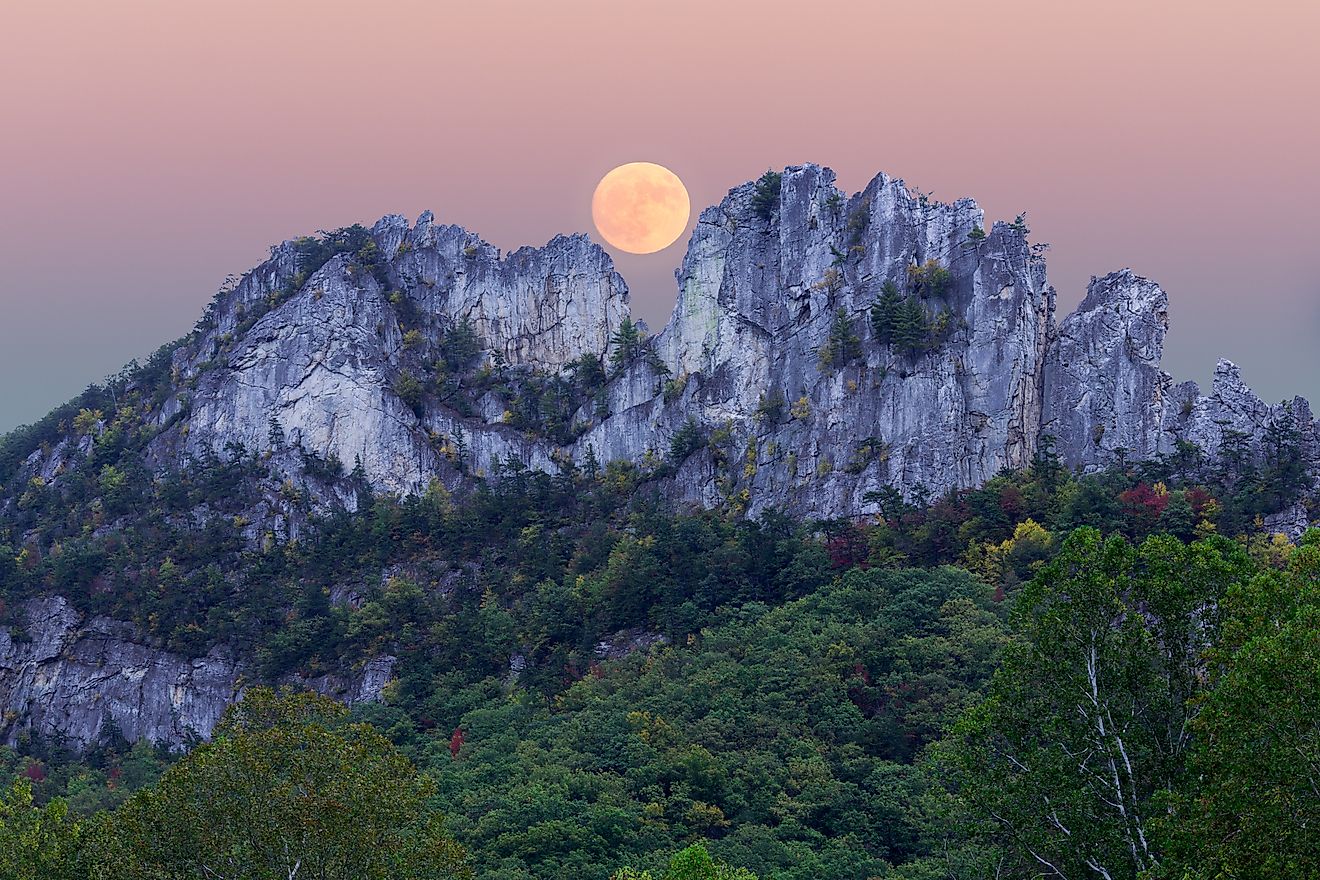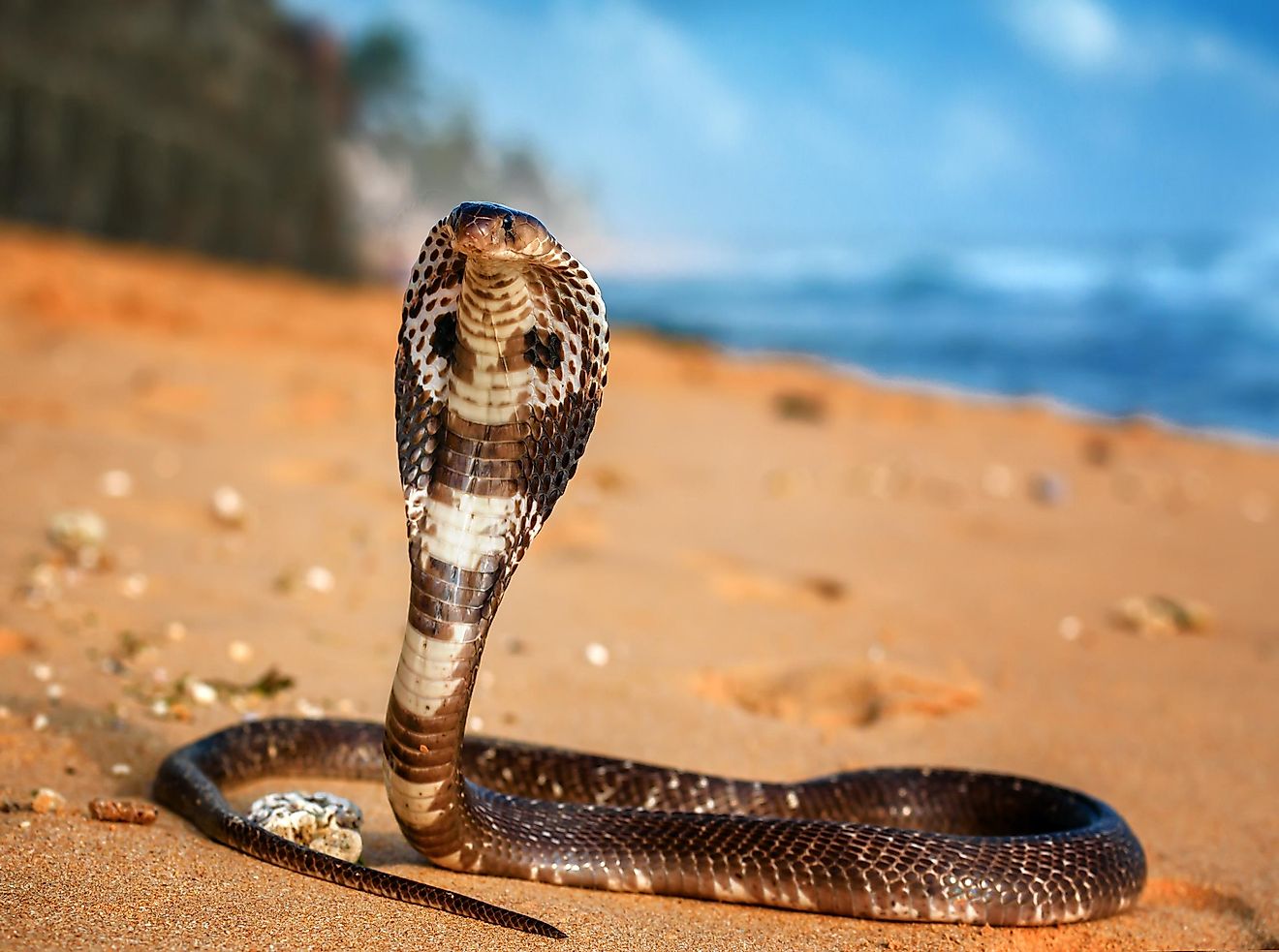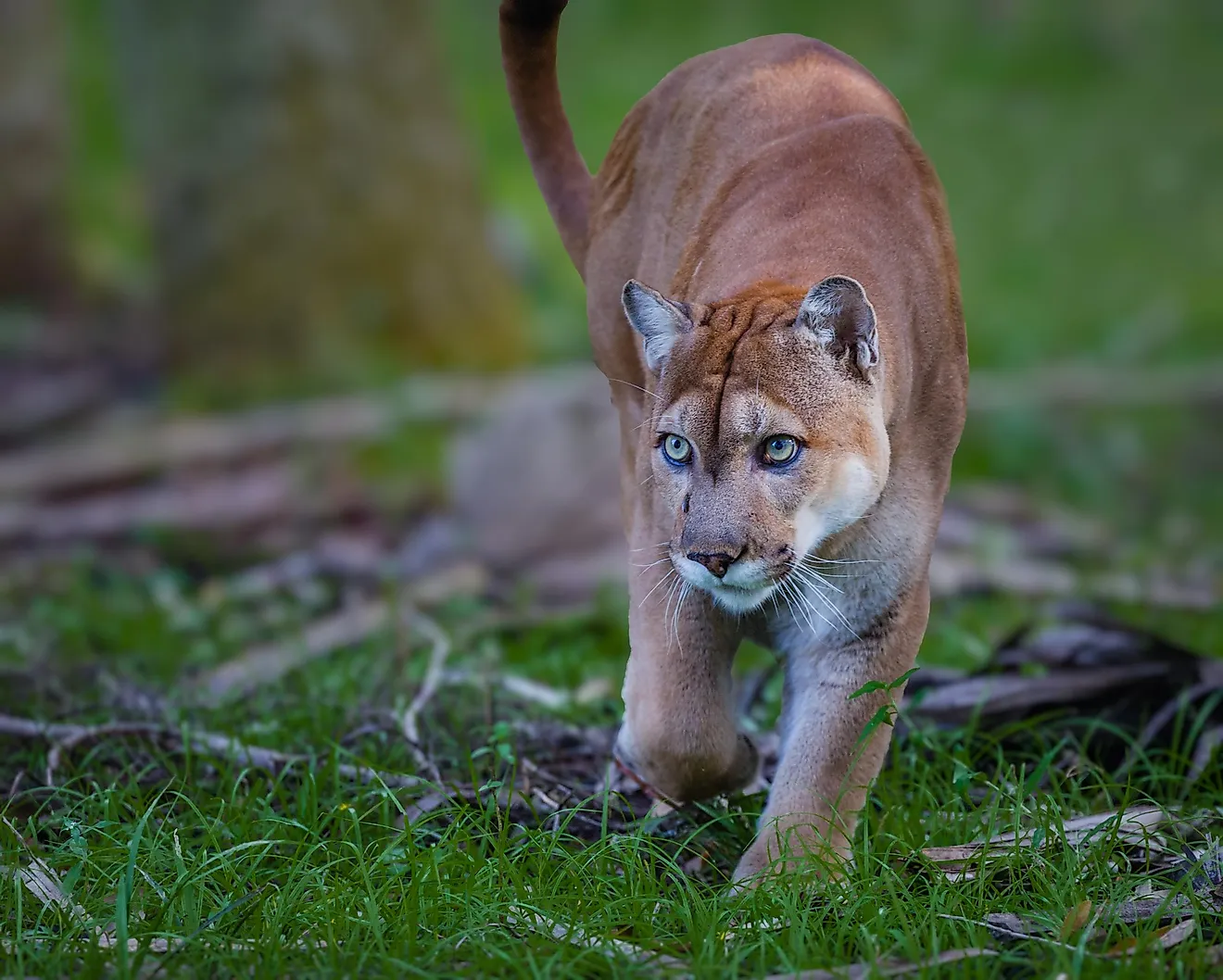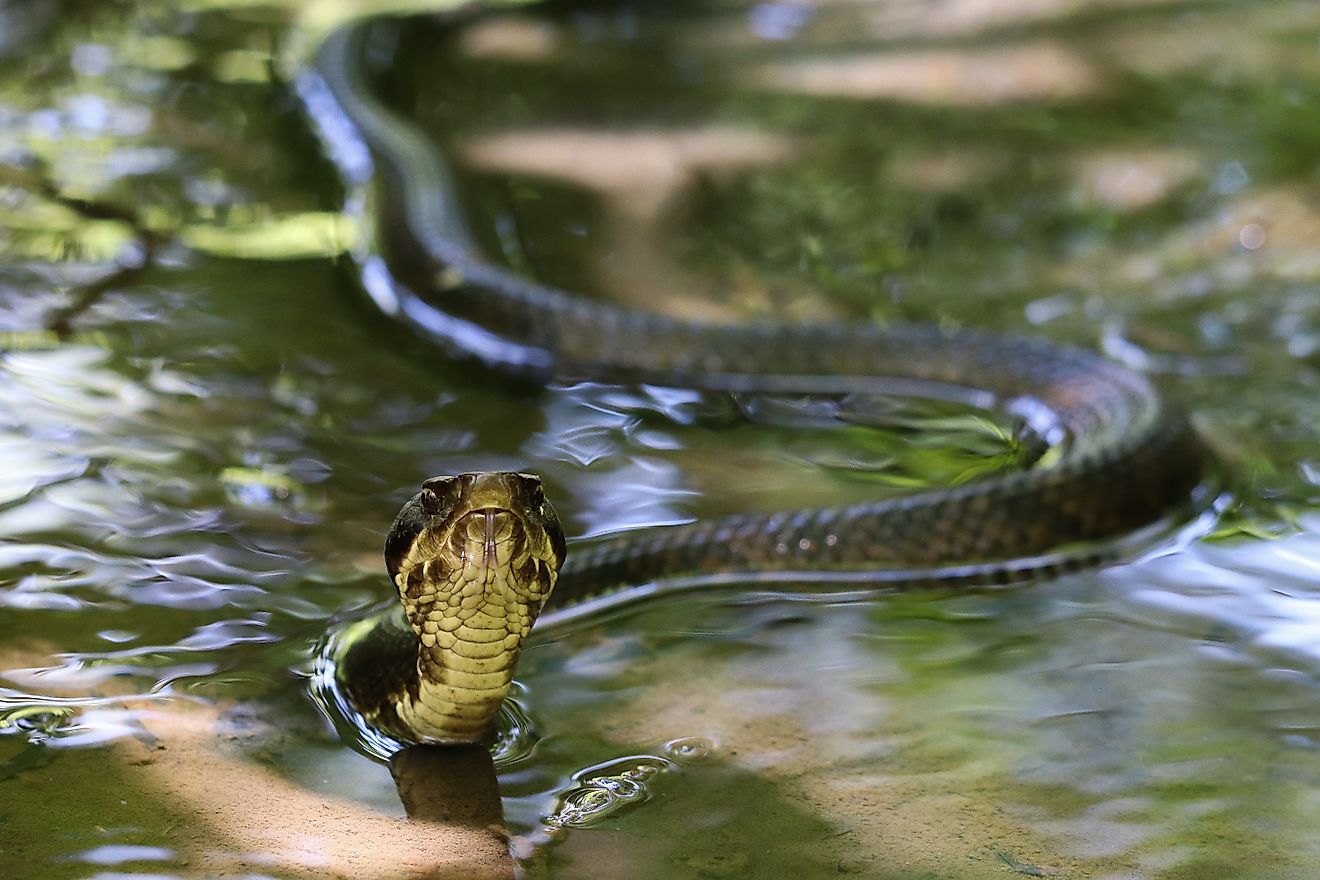
10 Iconic Animals That Live Only In Africa
The world's second-largest continent and the second most populous one, Africa, is indeed one of the most culturally diverse places on the planet. But of course, beyond the human presence is Africa's famed wildlife, who call the continent's stunning natural environments home. From the rhinoceros to the zebra and beyond, Africa's spectacular animals are a testament to the awesomeness of nature. This article examines 10 Iconic Animals that live only in Africa.
- African Elephant
- Kudu
- Black and White Rhinoceros
- Ostrich
- Hippopotamus
- Zebra
- Spotted Hyena
- Giraffe
- African Civet
- Hartebeest
African Elephant

It is Earth's largest land mammal, standing up to 24 feet tall and weighing in at an astonishing 6 tonnes! Native to vast areas across central and southern Africa, this majestic elephant has two distinct subspecies, the Bush Elephant and the Forest Elephant. The former is the largest with identifiable curved tusks compared to the Forest Elephant's straighter ones. Unfortunately, the African Elephant remains a popular target for poachers looking to cash in on the ivory tusks, and up to eight percent of its population is lost every year. Though not yet endangered, only around 415,000 African Elephants remain in the wild.
Kudu

The kudu is a threatened species of antelope that populate portions of eastern and southern Africa, divided into two subspecies. The Greater and Lesser Kudu are both beautifully striped animals with long horns, with the Greater standing up to five feet tall and the lesser reaching a maximum of four feet. These animals can be hard to spot, however, and they frequently take refuge in dense trees and bushes to avoid predators. If large groups are seen, it is likely that they are all females who exhibit very protective behavior amongst themselves and their calves. Males have been noted to be more solitary and aloof, except during mating season!
Black And White Rhinoceros

The White and Black Rhinoceros reside across eastern and southern Africa, but these truly stunning beasts continue to fight for their survival. Today as the result of years of illegal hunting and poaching, a rather small population of only 27,000 wild rhinos remains, rendering them an endangered species. Widely hunted for their horns, rhinoceroses stand up to five feet tall and can weigh an amazing 2,000 pounds, though there are variations among the different species. Although a mostly solitary, peaceful animal, rhinos can become quite aggressive and are known to charge and gore ferociously if threatened.
Ostrich

Ostriches are one of the planet's most fascinating birds and are record holders in several categories. They are the largest and heaviest of any bird species, the fastest moving birds (though they do not fly), and they lay the largest eggs. Weighing between 200 and 280 pounds, reaching a running speed of 70 kilometers an hour, and having eggs weighing up to three pounds, the Ostrich is a special animal. Divided into two subspecies, the Common Ostrich and the Somali Ostrich, these spectacular birds can be found all across the sub-Saharan region and the famed Horn of Africa. Females can stand an astonishing six feet, while some males have been recorded to be nine feet! But do not let these seemingly peaceful animals fool you. If provoked, ostriches will not only charge quickly, but they use their powerful legs to kick and attack any enemies.
Hippopotamus

From an ancient Greek word meaning "horse of the river", Hippopotamuses can be found across much of sub Saharan Africa, particularly in the central and southern regions. They can be seen in at least 29 of Africa's 54 countries, but their numbers have unfortunately decreased due to poaching and natural habitat loss. Today around 130,000 wild hippos exist, and they have been classified as a vulnerable species by conservationists. Hippos are the third largest land mammal (behind only the elephant and rhinoceros), with males weighing up to 3,000 pounds and females not far behind at 2,800 pounds! With an average lifespan of 50 years, these giants reside primarily in swamp areas and rivers, though they spend up to six hours on land grazing on grass and other plants. Indeed hippos can eat an astonishing 80 pounds of food in one feeding! Although they seem like gentle creatures, hippos are known for their aggressive behavior and their large teeth and mouths threaten any predator that comes near.
Zebra

The Zebra is surely amongst the most recognizable animals in the world, inspiring the imaginations of generations across the globe. A member of the horse family, zebras are native to eastern and southern Africa. They have a population of around 750,000 in the wild. A favorite prey for lions, hyenas, cheetahs, and other carnivores, the humble Zebra's diet is itself based largely on plants and wild grasses. Illegal hunting and poaching primarily for their distinctive pelts have unfortunately impacted Zebra populations, and the Grevy's Zebra species have been labeled as endangered. Still, notable conservation and reproduction efforts have been undertaken, ensuring that these amazing animals have another day in the sun.
Spotted Hyena

Also known as the "Laughing Hyena," Spotted Hyenas' natural habitat extends all across the sub-Sahara and into eastern and southern Africa. This aggressive scavenger, hunter, and carnivore feasts on whatever it can and has been known to go after animals as large as wildebeests to ones as small as lizards. Distinguished by their whooping sound, spotted pelt, rounded snout, and pointed ears, Spotted Hyenas are certainly among the most intriguing wild animals in Africa.
Giraffe

The world's tallest animal, the Giraffe, is renowned for its long neck and beautifully spotted coat. Males can stand up to 19 feet tall, while females reach upwards of 15 feet. Even babies are tall, with a newborn calf reaching at least 6 feet tall! Native to a wide range across the African continent, Giraffes can be found in countries as far north as Chad and all the way down South Africa. With a diet consisting of plants, leaves, fruits, and other herbivorous material, the Giraffe also has an extended tongue that measures an impressive 21 inches. This flexible organ further helps it to grab hard-to-reach items in trees or those stuck to other plants.
African Civet

African civets are found across the sub-Saharan region and weigh only about three to ten pounds. Indeed some Ostrich eggs are bigger than a fully grown adult Civet! With a lifespan of around 12 years in the wild, Civets are sought after by hunters for their pelts and secretions used in manufacturing certain perfumes. Though they may seem small and cuddly, African Civets are, in fact, ravenous omnivores whose diet includes everything from plants to insects and even birds. Spending much of the daytime sleeping and resting, Civets do much of their feeding at night and can easily camouflage themselves with their black spots and darkened faces.
Hartebeest

The Hartebeest is a member of the antelope family, noted for its large size, elongated face, and fanciful horns. Weighing up to 440 pounds and standing just over three feet tall, up to eight different subspecies of Hartebeest have been identified and can be found all across central, western, and southern Africa. A non-aggressive animal, hartebeests can live in the wild for up to 15 years and are generally seen in large herds, sometimes with up to 300 members! A staple of savannah grasslands, Hartebeests have also been observed in high altitude mountain sides, up to 12,000 feet high.
The African continent is one of the most diverse natural playgrounds in the world and is home to a variety of stunning and extraordinary wildlife. From the great Savannah to the Horn of Africa, the wilderness in Africa is truly a wonder to behold. Whether the majestic elephant or the miniature civet, each of these animals showcases why African wildlife is amongst the most exotic on the planet.

